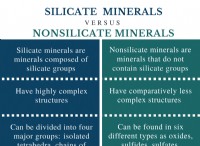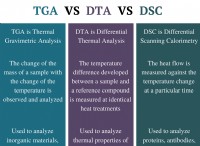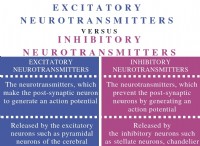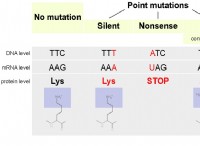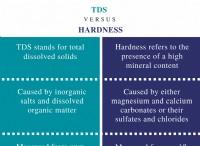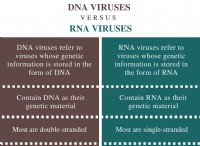Here are the key differences between a hydrogen bond and a true chemical bond:
1. 강도 : Hydrogen bonds are weaker than true chemical bonds. They have bond energies of approximately 5-30 kJ/mol, whereas typical covalent bonds have bond energies in the hundreds of kJ/mol.
2. Nature of Interaction: 수소 결합은 부분적으로 양성 수소 원자와 부분적으로 음성 전기 음성 원자 사이의 정전기 인력을 포함하는 반면, 진정한 화학 결합은 전자의 공유 또는 전달을 포함한다.
3. Directionality: 수소 결합은 수소와 전기 음성 원자 사이의 특정 정렬을 따라 형성되는 경향이 있기 때문에 어느 정도의 방향성을 갖는다. True chemical bonds, on the other hand, can be more isotropic and do not have the same directional preferences.
4. Number of Bonds: 수소 결합은 전형적으로 전기 음성 원자 당 하나의 수소 원자로 제한되는 반면, 진정한 공유 결합은 원자 사이에 다중 전자 쌍을 포함 할 수 있습니다.
5. Reversibility: Hydrogen bonds can be easily broken and reformed, making them dynamic in nature. True chemical bonds, once formed, are generally more stable and require more energy to break.
요약하면, 수소 결합은 약한 강도, 분자간 특성, 방향 선호도 및 동적 거동으로 인해 진정한 화학적 결합으로 간주되지 않습니다. 그것들은 많은 생물학적 시스템, 분자 구조 및 화학 공정에서 중요한 역할을하는 중요한 비공유 상호 작용이며, 용해도, 분자 인식 및 단백질 폴딩과 같은 특성에 기여합니다.

